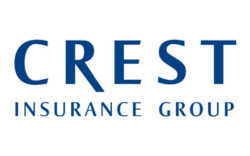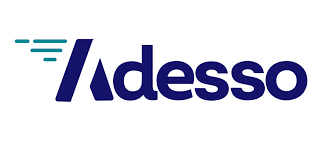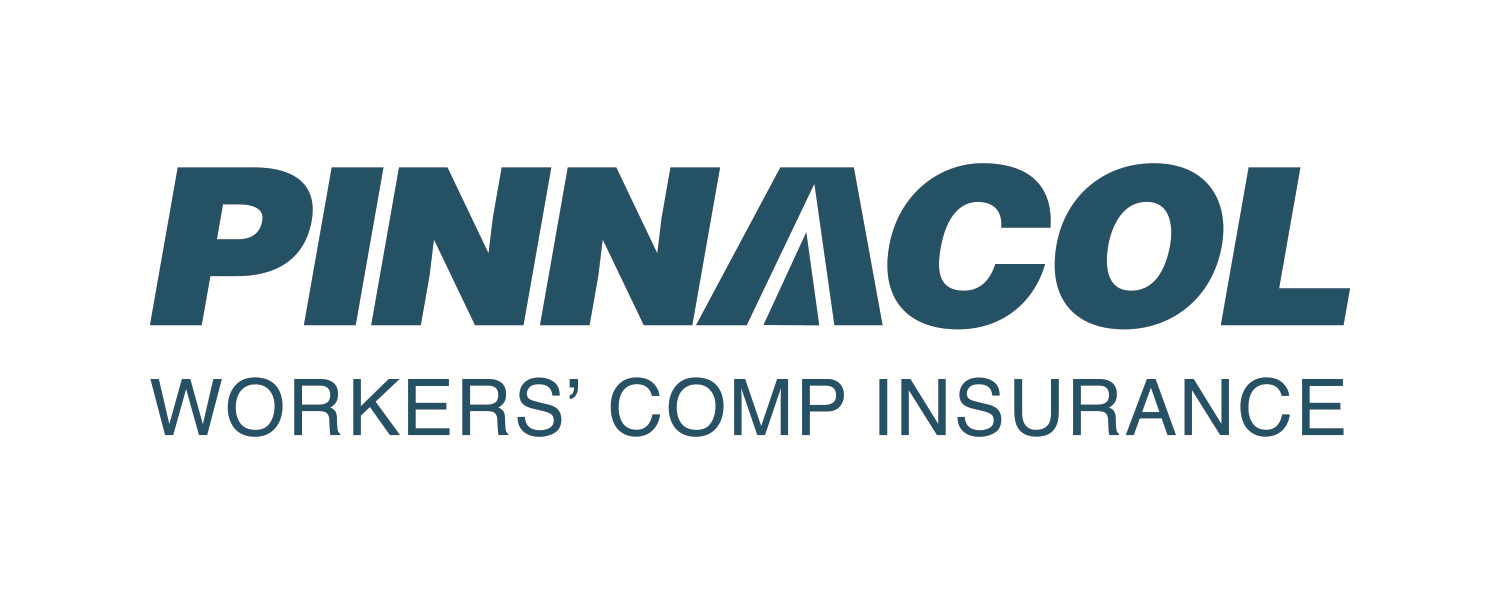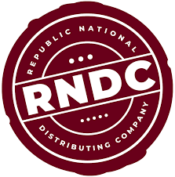Sponsored by our partners at Pinnacol Assurance
As Colorado restaurants emerge from the pandemic, they face multiple challenges to recruit new staff.
With most restaurants reporting labor shortages, it’s more likely they will hire inexperienced workers who will require training in service and safety.
These new employees are “often the ones who get injured,” according to Tameria Stukes, a Pinnacolclaims lead. The most common injuries include cuts, trips, burns and strains.
Such injuries can result in workers’ compensation claims, underscoring the importance of timely claims reporting.
Here’s what Colorado restaurants need to know about the workers comp claims process:
Timeliness is everything
If employers aren’t vigilant about the timely filing of claims, worker injuries will likely become a bigger headache down the road.
Under Colorado law, a restaurant must notify its insurance carrier within 10 days of an injury, no matter how minor, via an Employer’s First Report of Injury form (WC 1).
If three or more employees sustain injuries or a worker dies, restaurants should notify their carrier immediately.
Given the pace of the industry, “restaurant managers get busy — or they may not even know what they’re supposed to do — and they don’t always file in a timely way,” Stukes said.
When restaurants file late claims, the injured worker may experience a delay in receiving appropriate medical treatment and/or payment for their medical bills.
For restaurants, filing a timely claim may help avoid potential litigation by the injured worker.
Understanding the workers’ comp claims process
Here are some key steps for the workers’ comp claim process to help control costs and ensure positive outcomes for workers:
- Get medical help ASAP: The restaurant should provide the injured employee with a list of designated healthcare providers. If it’s a life-threatening situation, they should take the worker to the nearest hospital emergency room.
- Report the injury: Following treatment, report the injury immediately to Pinnacol with the policy number, employee identification information and details about the injury.
- Ensure correct treatment: If an employee misses fewer than three shifts because of their injury, Pinnacol will pay for necessary and reasonable treatment, with no copay or deductible. If they miss additional shifts and require ongoing medical treatment, Pinnacol will work with the employee and healthcare providers to ensure they receive proper treatment and wage replacement.
- Prepare for return to work: An employee action plan helps the worker return in a timely and safe way. It also can boost the worker’s morale. Return-to-work consulting specialists help employers identify modified tasks and explain them to the employee, which helps keep the recovery on track.
- Close the claim: When an employee returns to work or reaches some other type of resolution, Pinnacol works with the healthcare provider to close the workers’ comp claim. Pinnacol files afinal admission with the Colorado Department of Workers’ Compensation (DOWC), wage replacement ends and any additional compensation or benefits continue if there is a permanent impairment or death.
Preventing injuries is key for Colorado restaurants
All managers could benefit by spending a little time learning how workers’ comp works, like how to file a claim on time and how to document the injury, no matter how small, according to Stukes.
Restaurant owners and managers also need to weigh the expense of investing in workplace safetyequipment now to save on the cost of a worker getting injured later.
For example, a cut-resistant glove only costs $10, compared with a potential claim costing $500 to $1,000.
“If you have five claims a month, they can really add up but they can be prevented for $10,” Stukes said.
Helping Colorado restaurants manage the process
Putting safeguards in place such as requiring workers to wear non-slip shoes or cut-resistant gloves can help prevent injuries.
But when accidents happen, employers should also make sure they fully understand how to file workers’ comp claims on time.
By carefully documenting claims, keeping employees informed, making sure workers get proper treatment and helping them return to work, employers can foster a safe and supportive work environment — and ultimately cut costs.
Looking for ways to better manage your workers’ comp coverage?
Pinnacol Assurance has the right workers’ compensation coverage for you. Get a workers’ comp quote or connect with an agent today.














